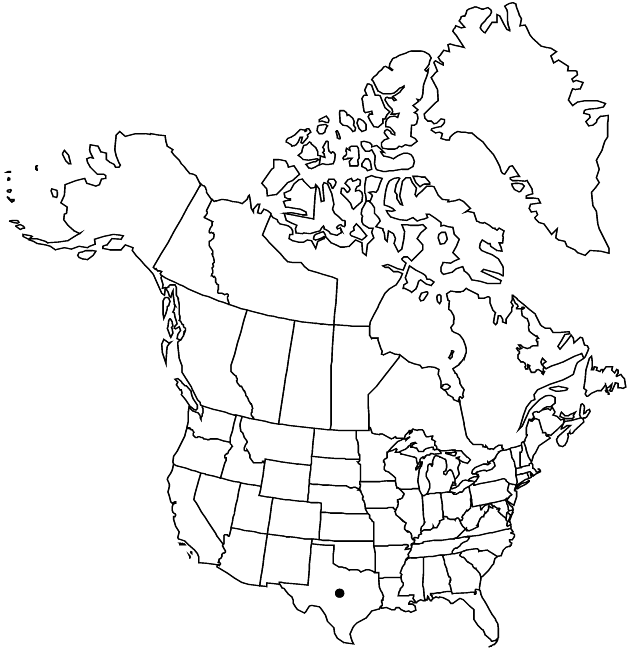Difference between revisions of "Helenium linifolium"
in N. L. Britton et al., N. Amer. Fl. 34: 125. 1915.
FNA>Volume Importer |
imported>Volume Importer |
||
| (2 intermediate revisions by 2 users not shown) | |||
| Line 1: | Line 1: | ||
{{Treatment/ID | {{Treatment/ID | ||
|accepted_name=Helenium linifolium | |accepted_name=Helenium linifolium | ||
| − | |accepted_authority=Rydberg | + | |accepted_authority=Rydberg |
|publications={{Treatment/Publication | |publications={{Treatment/Publication | ||
|title=in N. L. Britton et al., N. Amer. Fl. | |title=in N. L. Britton et al., N. Amer. Fl. | ||
| Line 8: | Line 8: | ||
}} | }} | ||
|common_names=Slimleaf sneezeweed | |common_names=Slimleaf sneezeweed | ||
| + | |special_status={{Treatment/ID/Special_status | ||
| + | |code=E | ||
| + | |label=Endemic | ||
| + | }} | ||
|basionyms= | |basionyms= | ||
|synonyms= | |synonyms= | ||
| Line 32: | Line 36: | ||
-->{{#Taxon: | -->{{#Taxon: | ||
name=Helenium linifolium | name=Helenium linifolium | ||
| − | |authority=Rydberg | + | |authority=Rydberg |
|rank=species | |rank=species | ||
|parent rank=genus | |parent rank=genus | ||
| Line 45: | Line 49: | ||
|publication title=in N. L. Britton et al., N. Amer. Fl. | |publication title=in N. L. Britton et al., N. Amer. Fl. | ||
|publication year=1915 | |publication year=1915 | ||
| − | |special status= | + | |special status=Endemic |
| − | |source xml=https:// | + | |source xml=https://bitbucket.org/aafc-mbb/fna-data-curation/src/2e0870ddd59836b60bcf96646a41e87ea5a5943a/coarse_grained_fna_xml/V19-20-21/V21_1082.xml |
|tribe=Asteraceae tribe Heliantheae | |tribe=Asteraceae tribe Heliantheae | ||
|subtribe=Asteraceae (tribe Heliantheae) subtribe Gaillardiinae | |subtribe=Asteraceae (tribe Heliantheae) subtribe Gaillardiinae | ||
Latest revision as of 20:08, 5 November 2020
Annuals, 20–80 cm. Stems usually 1, branched distally, narrowly winged, sparsely hairy proximally, moderately hairy distally. Leaves glabrous or sparsely hairy (basal withered by flowering); proximal blades lance-linear, usually coarsely or irregularly laciniate; mid and distal blades lance-linear to linear, entire. Heads 5–50(–100+) per plant, in paniculiform arrays. Peduncles 2–8 cm, sparsely to moderately hairy. Involucres globose to slightly ovoid, 6–11(–13) × 6–11(–13) mm. Phyllaries moderately hairy. Ray florets 8–9, pistillate, fertile; corollas yellow throughout or red proximally and yellow distally or red throughout, 6–12 × 3–8 mm. Disc florets 150–300(–500+); corollas yellow-green proximally, brown to purple distally, 2.5–3.2 mm, lobes 5. Cypselae 1–1.2 mm, moderately hairy; pappi of 6(–7) entire, aristate scales 2–2.5 mm. 2n = 28.
Phenology: Flowering (Feb–)Mar–May(–Jul).
Habitat: Sandy soils, ditches, open pastures, edges of ponds and streams
Elevation: 10–200 m
Discussion
Selected References
None.
